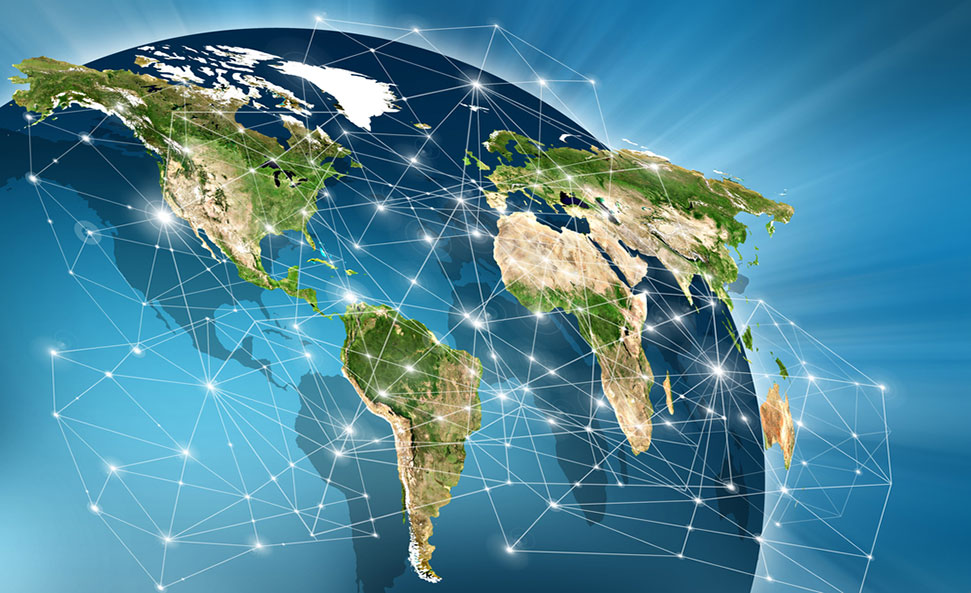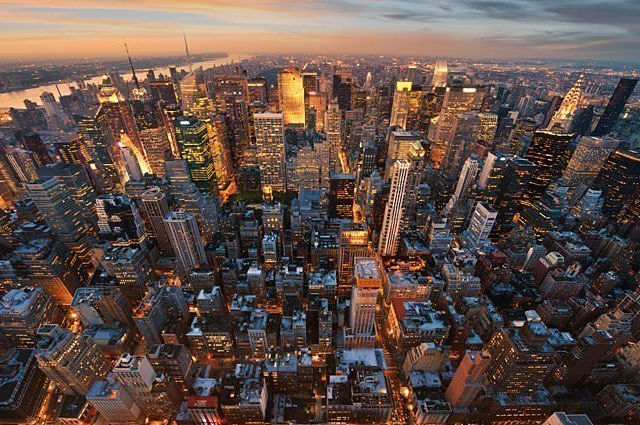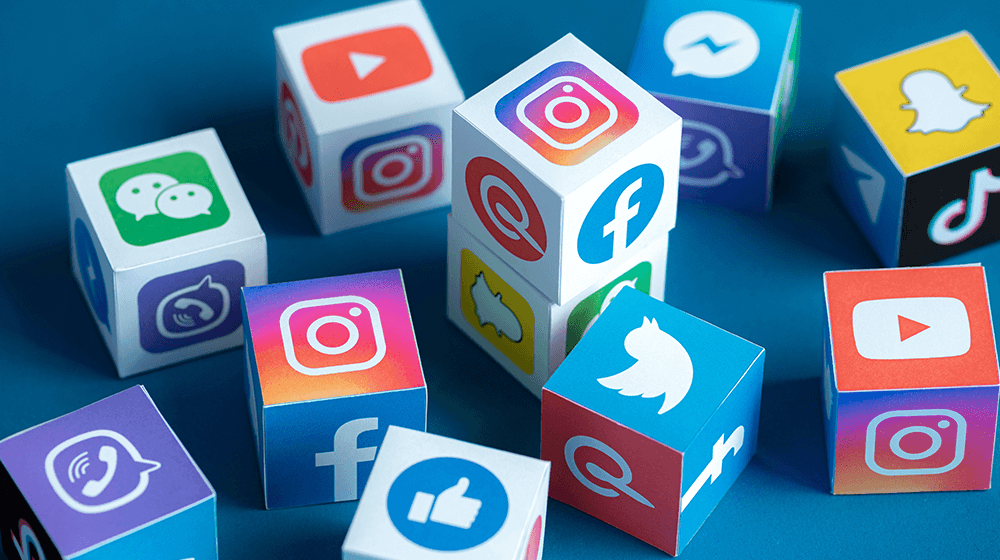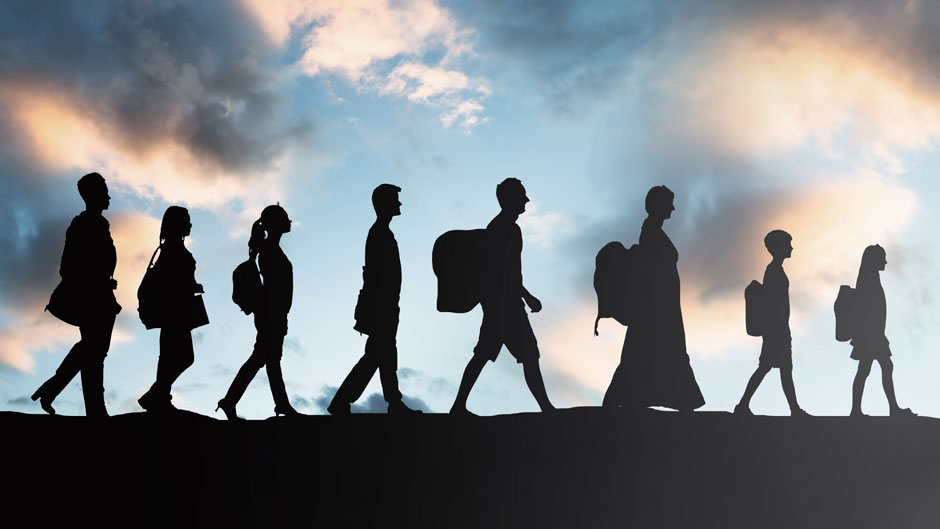<< Hide Menu
3.6 Contemporary Causes of Cultural Diffusion
3 min read•june 18, 2024
Danna Esther Gelfand
Danna Esther Gelfand
Globalization
Globalization - the interconnection of all regions of the world through politics, technology, communication, marketing, economics, manufacturing, and sociocultural processes. This resulted from waves of industrialization and technological innovations, social media, popular music culture, and immigration. The rapid connectivity altered society from an agrarian society with local connections to an industrial society with global connectivity which has both positive and negative consequences.
- Positives of Globalization: increased communication worldwide. Becoming informed of news and pop culture.
- Negatives of Globalization: loss of cultural uniqueness/folk cultural traditions, loss of indigenous languages(decreased linguistic diversity)

image courtesy of youmatter
Urbanization
Urbanization - the population shift from rural areas to urban areas, the gradual increase in the proportion of people living in urban areas. The rise of Industry caused the rise in urbanization.
- Diversity: Urban areas, such as large cities, generally tend to be more diverse, with a larger population of people with unique backgrounds, cultures, and countries.
- Multiculturalism: Urban areas often have neighborhoods or areas that are known for their cultural diversity. These areas, known as multicultural neighborhoods, can be a melting pot of different cultures, customs, and traditions.
- Economic opportunities: People are attracted to areas with a lot of economic opportunities for employment which can bring people to an area from all over the world.
- Social mixing: Because of the dense population in urban areas, social mixing is a lot more common.

image courtesy of the Borgen project
Technology
Technology allows the world to be more easily connected by providing easy access to information and people from other cultures.
- Global communication: The internet and social media allow for information to be instantly shared across borders, and for people to communicate easily. This makes it easy for people from different cultures to connect.
- Online content: A lot of pop culture, as in music, movies, TV shows, and pretty much any form of media allow for people from all over the world to access this media and consume it leading to cultural influences.
- E-commerce: Online shopping!!! Amazon and other online markets make it very easy to purchase products from all over the world which leads to the spread of goods.
- Social media: Facebook, Instagram, TikTok, and a million other social media platforms allow people to share their lives and cultures with others.
- Virtual reality: VR technology is becoming very popular and accessible. It allows people to experience different cultures in a very immersive way, which can lead to a better understanding and appreciation of other cultures.

image courtesy of small business trends
Travel and Migration
As people travel and migrate from one country to another, they bring their customs and traditions with them, this is through direct contact.
Other causes:
- Intermarriage: When two people from different cultures meet and fall in love, their cultures can blend within their families.
- Food: As people travel and migrate, they bring their traditional foods with them. This leads to the spread of new types of cuisine and the blending of different food cultures
- Religion: Religious beliefs are very important to culture as well. As people move, they bring their religious beliefs with them, which can lead to the spread of new religious practices and the blending of different religious cultures
- Language: People also bring their language with them when they travel. This leads to the blending of different linguistic cultures

image courtesy of google images
🎥 Watch: AP HUG - Religion and Culture

© 2024 Fiveable Inc. All rights reserved.